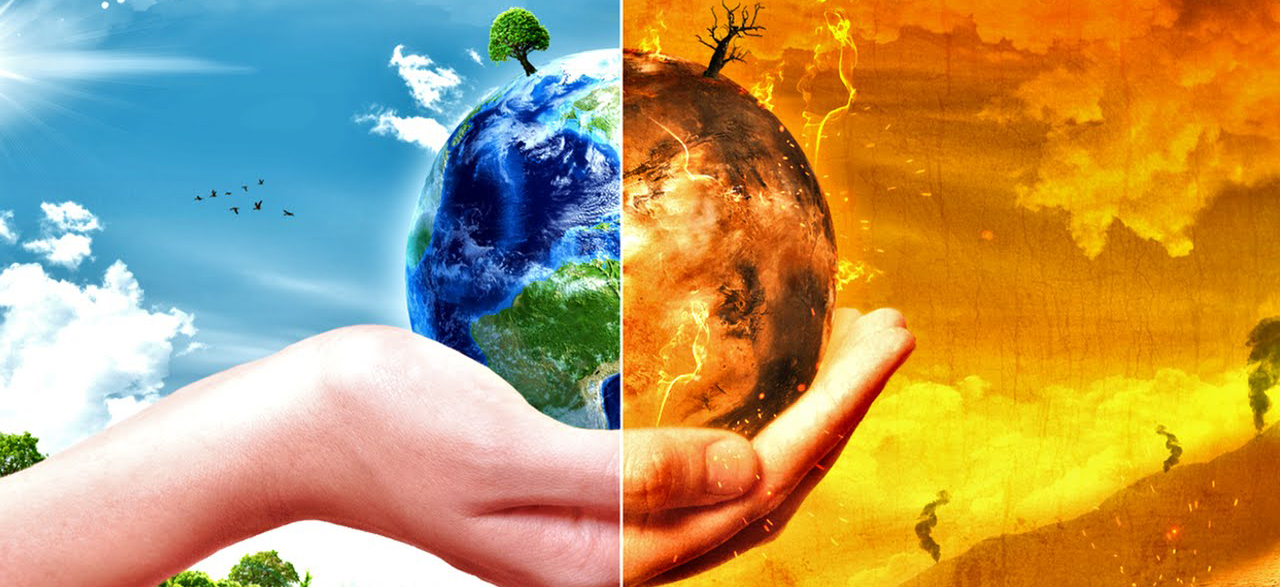The future in our hands

Carles Llorens
Secretary General ORU Fogar
We ended 2018 with plenty of cause for concern. If in December the Katowice COP24 on Climate Change was very close to failure; in November, the COP14 on Biological Diversity of Sham-El-Sheikh revealed a panorama in which the destruction of ecosystems does not stop.
In the run-up to the COP in Poland, the French 'Yellow Vests' took centre stage. It was a movement that - beyond social discontent - was mobilised through an increase in taxes on fossil fuels, which was to finance the energy transition. Bad beginning coming from the country from which the 'Paris Agreement' came, bad beginning from the country that wanted to be a vanguard in the fight against Climate Change, but in which its charismatic Minister of the Environment resigns.
The inauguration of the summit was not better, in which Polish President Andrezj Duda defended the use of coal, in front of a disconcerted Patricia Espinosa, responsible for the fight against climate change at the United Nations.
New setback when in the first session, the United States, Russia, Saudi Arabia and Kwait refuse to validate the report of the United Nations experts, which states that emissions are not only not being reduced, but are increasing. It is the report that, with data in hand, states that - if emissions continue - the global rise in temperatures could be 3.5 degrees, which will mean rising sea levels, floods, droughts, reduced agricultural production and extreme weather.
During the week, Brazil and Turkey showed signs of wanting to align themselves with climate denialism. On the other hand, China and the island countries are leading the defence of the 'Paris Agreement'. With this situation, the United Nations Secretary General, Antonio Guterres, addressed the plenary of the conference in a dramatic appeal in which he called for "a global commitment to avoid the worst. In spite of the appeal, the Summit ended with a minimum agreement and the commitment to meet again for the COP25, which will finally be held in Chile as Brazil has renounced to organize it.
In this context, the wilful effort of the regions, meritoriously coordinated by nrg4SD, is a small but luminous beacon.
The COP14 in Egypt didn't draw a good picture either. The previous technical report indicated that the Aichi Goals for 2020 were not going to be met, in a disastrous scenario of disappearance of habitats and species. Attention was drawn to the danger that, in many countries, especially some African ones, the obtaining of proteins for a very important part of the population continued to depend on hunting wild species. In a context of population growth, this fact towards predicting that many habitats would be devastated.
Here again regions and nrg4SD are taking the initiative and becoming beacon.
For many, this panorama is undoubtedly an invitation to pessimism. It is not, however, an invitation to pessimism for the regions and intermediate governments of the world. It is not for the states of the United States that, in defiance of President Trump, have assumed the Paris Agreement. It is not for the governors of Latin America who are promoting projects on food sovereignty, decent work, or for the presidents of African regions that protect green schools. And it is not for European regions which, faced with xenophobic national governments, have to receive refugees and make policies of inclusion for immigration.
All these people, all these governments of human dimension, do not grieve in the face of centralism, nor do they lose in the political-administrative loop, nor in the sterile political debate, nor in indecision. They are people who act. 2019 is going to be their year. 2019 must be their year. Ours!








































































